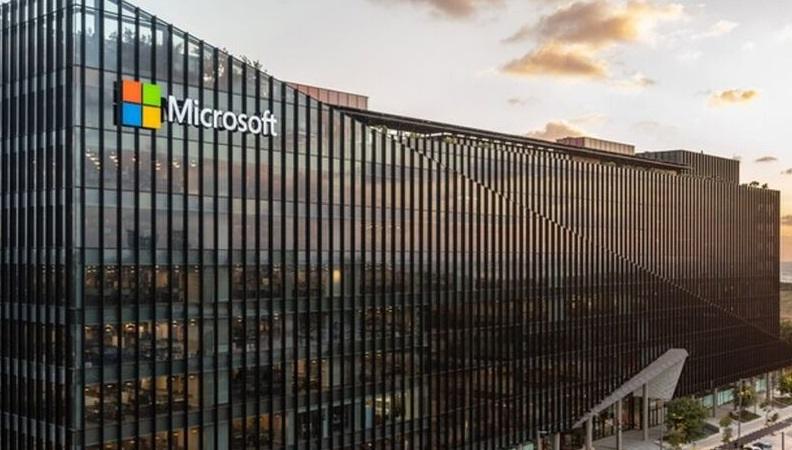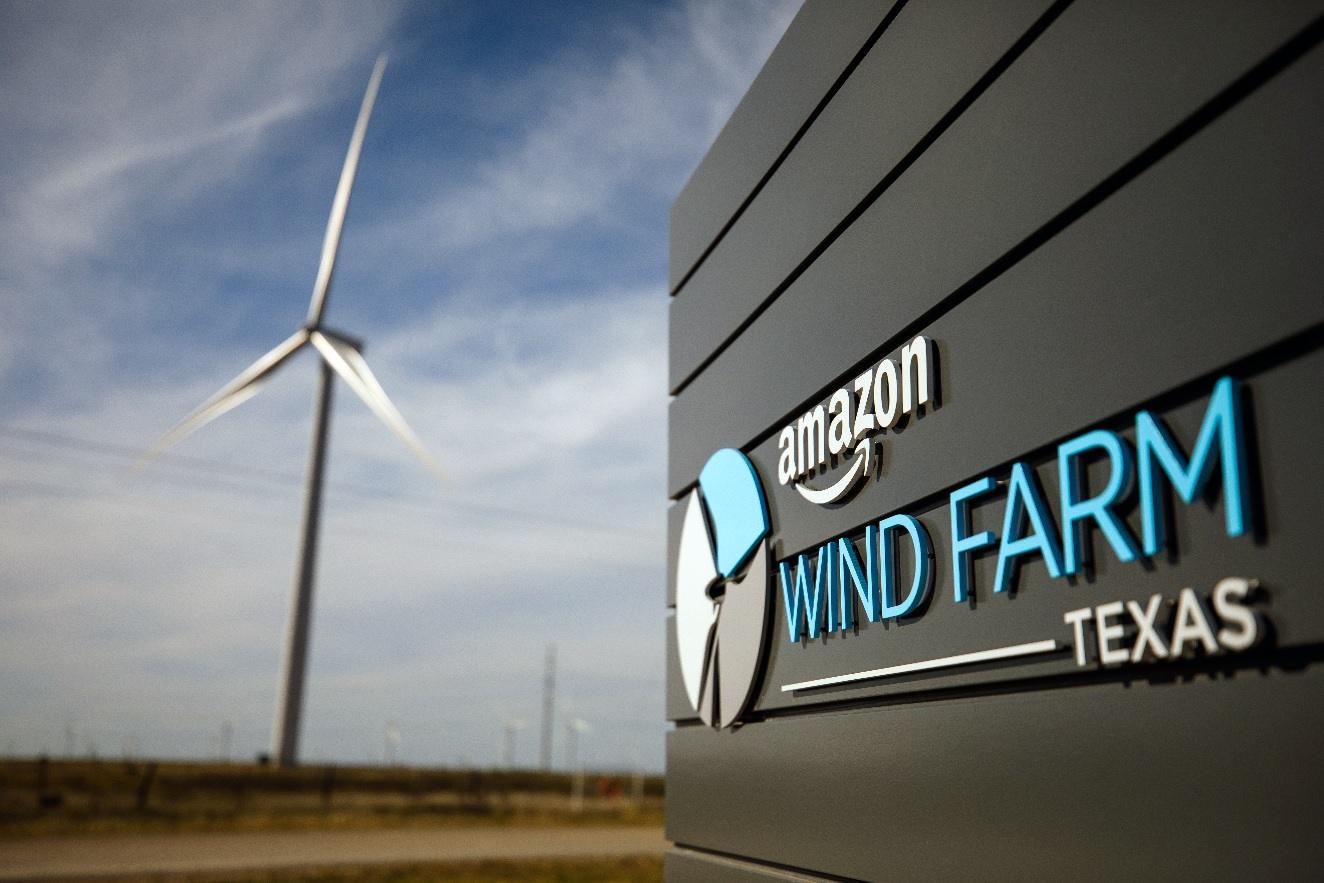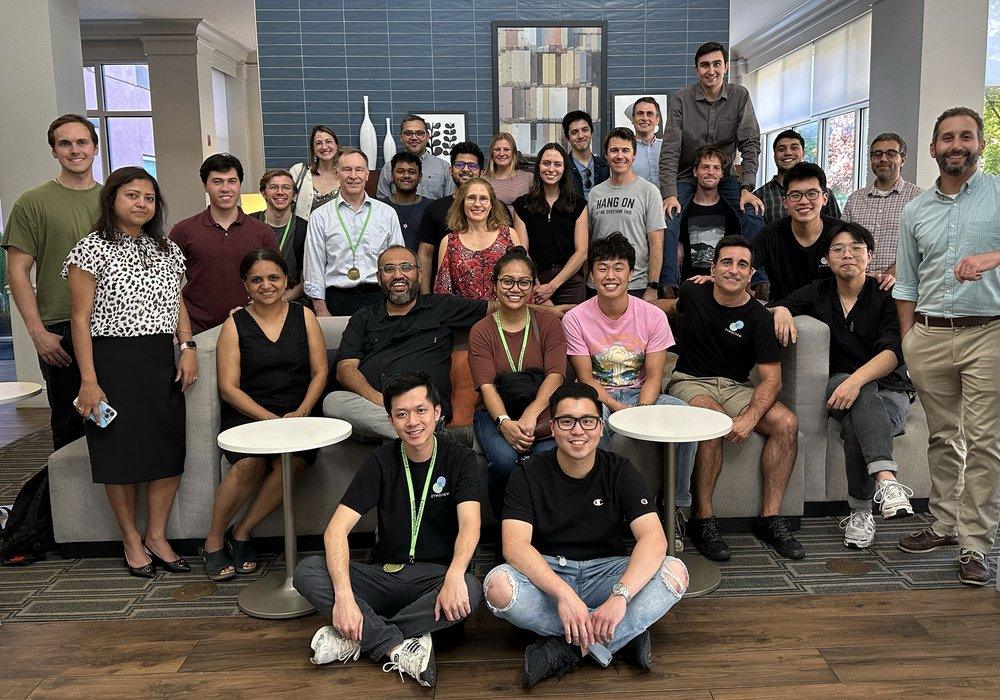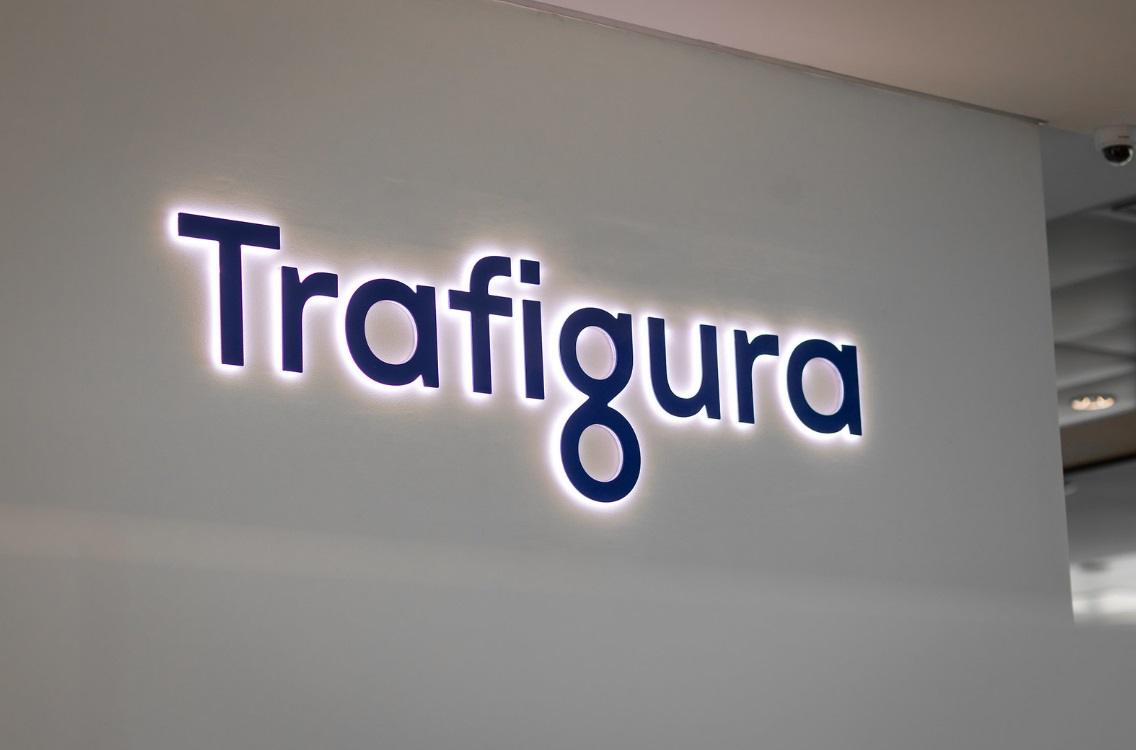Microsoft Signs Deal to Buy Biochar Carbon Removal Credits
Carbon credit streaming company Carbon Streaming announced an agreement with Microsoft, providing the tech giant with up to 10,000 tonnes of carbon dioxide removal credits per year from the Waverly Biochar project in Waverly, Virginia.
Biochar, or biological charcoal, is produced by heating biomass, such as forest residue, wood or crop waste, in the absence of oxygen, creating a stable form of carbon, which when buried in soil enables centuries-long carbon sequestration, in addition to leading to improved soil fertility.
The Waverly Biochar project, under development by Restoration Bioproducts LLC, involves the construction of a biochar production facility, and is expected to remove over 262,000 tCO2e of emissions over its 25-year project life. Carbon Streaming has a royalty on the biochar that is expected to be produced and sold by the project.
Oliver Forster, Vice President of Sales at Carbon Streaming, said:
“We are delighted to be working with Microsoft to provide them with high quality and scalable carbon dioxide removals to support their carbon negative commitment. We’re particularly excited about the capacity for biochar to scale this decade with support from visionary organizations such as Microsoft.”
The agreement marks a further expansion of Microsoft’s portfolio of carbon removal deals, forming part of the company’s initiative to become carbon negative by 2030, and to remove all of its historical emissions by 2050. The company signed one of the largest-ever Direct Air Capture (DAC) carbon removal agreements earlier this month with DAC technology company Heirloom, and has recently announced DAC-based agreements with climate tech company CarbonCapture and with startup Climeworks, an agreement for ocean-based carbon dioxide removal with ocean health company Running Tide, and an agreement for the purchase of 2.76 million tonnes of carbon removal with Danish energy provider Ørsted to capture and store biogenic carbon from a wood chip-fired power station in Denmark.
In its recently-published Carbon Removal briefing paper, Microsoft described Biochar as “the mainstay of our medium-durability portfolio and plans” for carbon removal, “that bridges the durability and cost gap” between shorter-duration solutions such as afforestation, and longer-duration but higher cost solutions such as DAC.
Most solutions that capture and store CO2 are early stage and currently limited in scale, including biochar, with corporate commitments to offtake carbon removal credits from the projects helping to send a demand signal to suppliers to enable the solution to scale up. Carbon Streaming uses streaming transactions to provide project capital to project developers and enables companies to commit to purchase credits generated from the projects instead of providing upfront capital.
Brian Marrs, Senior Director, Energy and Carbon at Microsoft, said:
“We’re pleased to work with Carbon Streaming to support the development of biochar as a carbon removal approach through the Waverly Biochar project. Carbon Streaming’s capacity to provide project-level finance is an important part of scaling this industry and it ensures we can focus on procuring carbon removal from high quality projects.”





